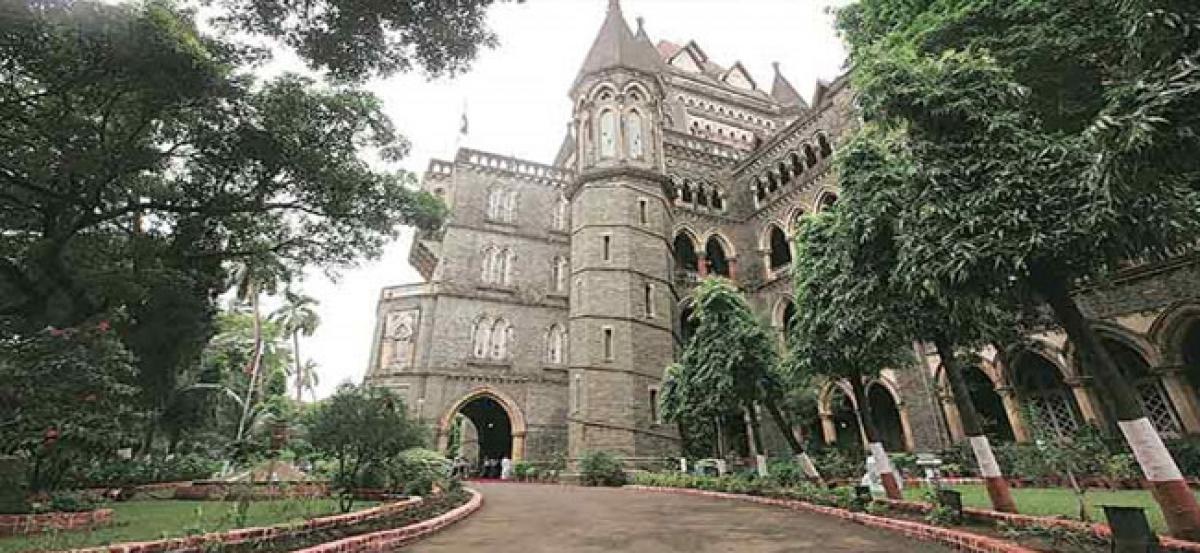Live
- Festival of Demiocracy: 62% turnout in phase 1
- MyVoice: Views of our readers 20th April 2024
- Is US Prez weighing climate emergency declaration soon
- ‘AP people’ve made up their mind on double engine govt’
- Caught unawares: Dubai must brace for future storms
- DEO suspends teacher accused of sexual assault
- PM ‘cursing’ Congress out of despair: Maharashtra Cong Chief
- Applications are invited for Junior Colleges Scheme District Scheduled Castes Development Officer Ramlal
- A nomination was filed on the second day for the Nagar Kurnool parliamentary seat
- SP Gaikwad inspected the Telangana Amarnath Saleswaram Jatara yatra arrangements









